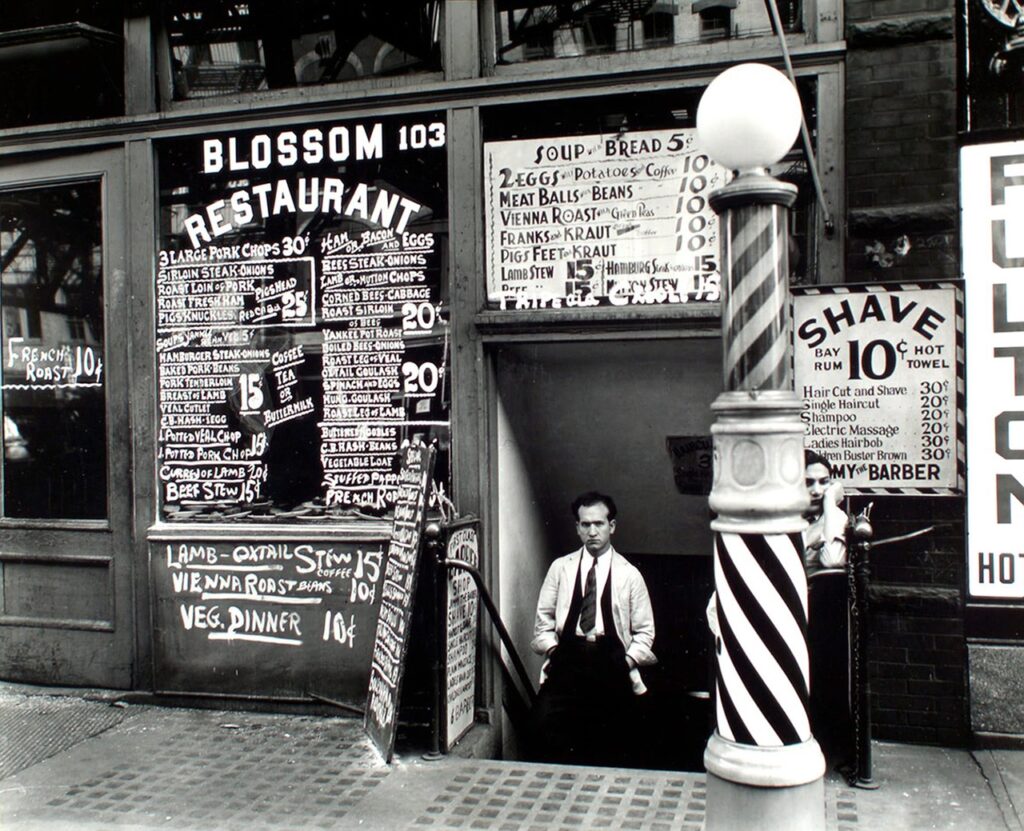
After an attempt is made on Vito Corleone’s life in ‘The Godfather,’ Sonny becomes head of the family. Sonny is approaching the conflict with the coalition of mafia families in a task-based way. He’s focused on direct attacks on the family’s enemies, operating from a mindset of step-by-step attrition, but with no real plan to get an advantage. Tom suggests dialogue with the opposing families but is shut down.
It’s Michael who is inspired to create an innovation, a new technology, to help the Corleone family achieve a competitive advantage. It’s explicitly stated that no one has ever taken out a police captain before, even if that captain is operating as the personal bodyguard for the family’s main adversary. The Corleone family can utilize its relationships with the media to navigate the backlash from killing a corrupt police captain.
In moving from a task-based mindset to a relationship-based mindset, innovation becomes possible. Here’s the clip: https://www.youtube.com/watch?v=CCylDFbZLOI
In Erin Meyer’s ‘The Culture Map,’ she talks about how the United States, with it’s traditional value of ‘get it done,’ falls on the task-based side of the cultural spectrum. Japan, on the other hand, is far more relationship-based. This can often be seen in the differences between the two cultures’ approach to start-up businesses.
In the U.S., students are often taught in business class that they need a solid, completely thought-out business plan. Only after everything has been decided and makes sense, should entrepreneurs create a business. In Japan, often times an ambitious group of associates will decide to make a business, do an audit of their personal strengths, come up with a name and logo, and then set up the business. After the business is formed, they reach out to everyone they know to see what people need, and then start applying their strengths to best deliver on those needs. Like in ‘Kiki’s Delivery Service:’ https://www.youtube.com/watch?v=-CD9unyq7T8

